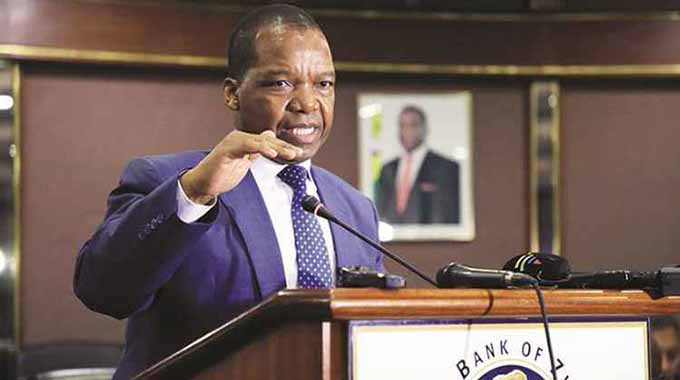EDITORIAL COMMENT : PSC move on absent civil servants necessary

The decision last week by the Public Service Commission not to pay civil servants who are absent from duty without leave was required to start sorting out the mess that absent workers create, but it is neither a disciplinary move nor, for that matter, particularly new except for some in Government service.
For a very long time, the private sector has applied the rule that those absent without approved leave from duty will not be paid for the days they do not work. This is regardless of whether the unapproved leave was legal or not, and regardless of what disciplinary processes might be pressed against the person who was absent.
This is why human resources managers continually demand medical letters or completed leave forms. People not on duty, but on approved leave, or off sick or off for some other reason covered in their contract are still paid.
Strikers are not paid for the days they are not on duty. This is regardless of whether a strike is legal or not. The main difference between a strike that is counted as legal and one that is not, is that legal strikers cannot face any disciplinary problems. They are not paid, but are not demoted or fired.
In many countries major trade unions devote a significant portion of union dues to investments in their strike fund. If there is industrial action, this means that the union can afford to pay an allowance to strikers that covers at least some of their immediate expenses.
In fact in some disputes the production of the audited accounts of the strike fund has helped managements see themselves able to listen more closely to the union demands.
No union in Zimbabwe has head of strike funds, let alone tried to assemble one, so this has always been a dead letter. After some initial hesitancy near independence the private sector went back to the standard position around the world: no work no pay.
The public service has been reluctant to follow suit. The military side of State service has always taken a more dismal view of unauthorised absence.
Being absent without leave is a serious offence, growing more serious as time passes and the offence moves into the definitions of desertion.
But on the civil side this was never a factor, at least until very recently when as part of the general tightening up across the administration the standard procedures were put in place.
We saw this for the first time late last year when nursing and other medical staff who refused a general appeal to return to work on the grounds that they were incapacitated suddenly found themselves without pay.
Almost all in what was by then a fairly small group rushed in with their apologies, which after careful consideration were accepted, nullifying potential disciplinary action, but with still not pay for the duty days not worked.
Now the procedure has been extended to the rest of the civilian side of Government service and we hope it will finally separate out those who want to retain their post, but were chancing their arm from those who want to work somewhere else.
We talk about ghost workers, and these we do not need with our taxes being swallowed by people who are not even on duty pretending to produce.
That money should be retained in the salaries budge, but split among those who do turn up for work, in other words the real workers.
At the same time we urge the Public Service Commission to start going further.
In the private sector growing absence without leave leads to disciplinary proceedings, and the more days skipped without lawful excuse the more likely severe action will be taken.
Enough skipped days and people get fired. They lost the pay long before it reaches this stage, since that is purely administrative. The disciplinary hearings are in fact a civil process involving breach of contract.
The practical purpose of these proceedings is not to punish anyone, but rather to free up the post so that a replacement person can be recruited. Employers, and this now includes Ministry heads, are less worried about who is employed and far more worried about ensuring that every duty position is staffed by a suitable person who is physically available.
It is this practical problem that the Public Service Commission needs to solve. Generally speaking public service jobs are essential, that is why the posts were created and why taxpayers money was spent on paying the people doing the work. So when the person does not come to work, someone suffers.
This is especially easy to see with, say, teaching. If a teacher does not come to school a class or a subject is not taught. The children just sit there.
At this stage our children have lost so many schooldays because of Covid-19 that they cannot afford to lose any more. So all hands are needed on deck.
If someone employed by the Ministry of Primary and Secondary Education does not want to teach, or at least does not want to teach in a public or public-supported school, that is fair enough. But they need to quit quickly so that a replacement can be hired and assigned to their classes.
This is what parents, heads, and the provincial education officers and the Ministry itself want and need to know.
There is a budget for a set number of teachers, all of whom are needed because the total was worked out based on the number of children in class.
So the system requires that the budget is spent on paying those who turn up for work, and if they do not turn up then the money needs to be diverted to those who will fill the gaps.
But, come what may, the gaps need to be filled and if those who create the gaps do not want to work then their pay needs to go to those willing to do the job.










Comments